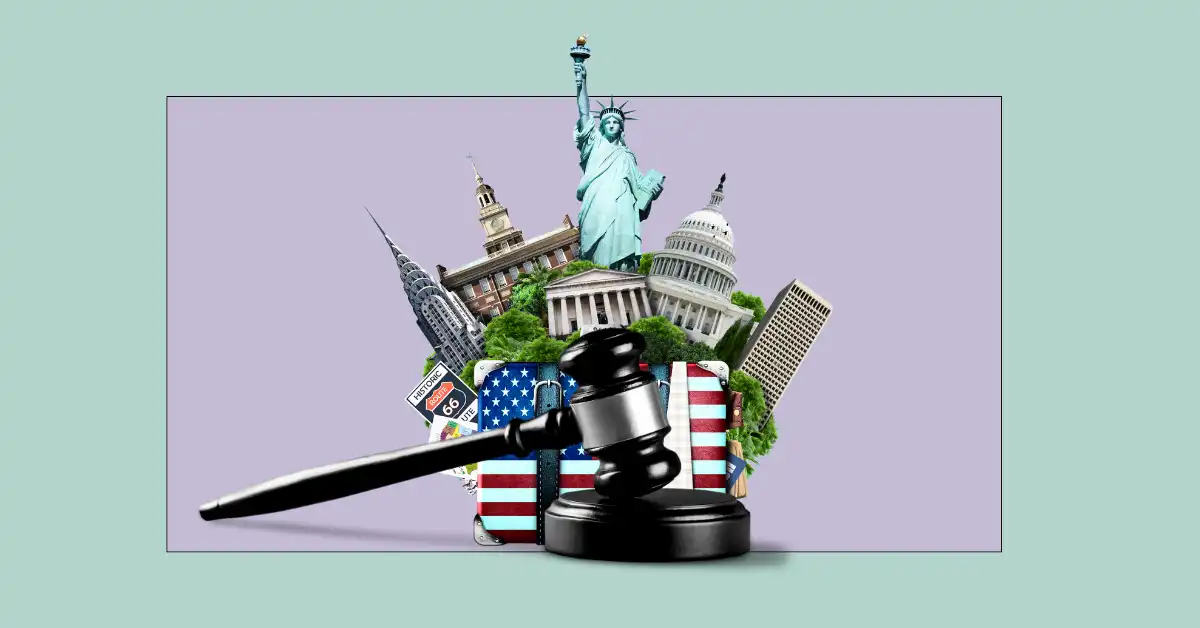
Bill Dudley, the former president of the Federal Reserve Bank of New York and the current chair of the Bretton Woods Committee, has taken a firm stance against the notion of Bitcoin (BTC) serving as a government reserve currency. In his op-ed published by Bloomberg on December 6th, Dudley argued that adopting Bitcoin as a reserve currency holds no substantial benefits for governments and primarily serves the interests of existing Bitcoin proponents who are advocating for such a shift.
The market responded to Dudley’s remarks with a notable decline in Bitcoin’s value, which fell by 4.31% to $98,854 after previously reaching a record high of $104,000. While Dudley acknowledged Bitcoin’s ability to facilitate money transfers without intermediaries, he pointed out its inherent instability, making it unsuitable as a national reserve asset.
Criticism of the Bitcoin Act
Dudley’s comments were sparked by the introduction of the Bitcoin Act of 2024, a legislative proposal put forward by Senator Cynthia Lummis. This draft law aims to establish a strategic Bitcoin reserve and introduces mechanisms for transparency in managing Bitcoin holdings. Proponents of the bill view it as a step toward global Bitcoin adoption; however, critics like Dudley see it as a precarious venture.
In his critique, Dudley cautioned that implementing this proposal could lead to an artificial inflation of Bitcoin’s price without yielding tangible benefits for the government or the broader economy. He expressed concerns over the absence of a coherent exit strategy, warning that the U.S. government could find itself holding volatile assets that lack income-generating potential.
Economic Implications
Providing a sobering economic analysis, Dudley expounded on the potential consequences of Bitcoin adoption. He illustrated that even a modest 2% allocation of global portfolios—collectively valued at approximately $250 trillion—would necessitate Bitcoin reaching an astronomical price of $250,000 per coin. Doubling this allocation to 4% could trigger a speculative bubble, posing a threat to market stability.
A Call for Regulation
Rather than endorsing Bitcoin as a reserve currency, Dudley urged the administration, led by Donald Trump at that time, to prioritize the regulation of the cryptocurrency industry. He underscored the necessity for laws that ensure stablecoins are fully backed by treasury bills, as often claimed by issuers. Additionally, Dudley emphasized the critical need for consumer protection measures to counter fraud and abuse, which continue to undermine trust in the crypto market.
Recognizing the potential of cryptocurrency to enhance the financial system, Dudley advocated for the establishment of “strong guardrails” to prevent misuse. He warned that without comprehensive regulations, the potential benefits of the crypto sector would remain elusive, overshadowed by scams and volatility.
Bitcoin’s integration into the mainstream U.S. economy remains a topic of extensive debate. Dudley’s opposition highlights the broader challenges of incorporating cryptocurrencies into governmental and institutional frameworks while striving to balance innovation with economic stability.






